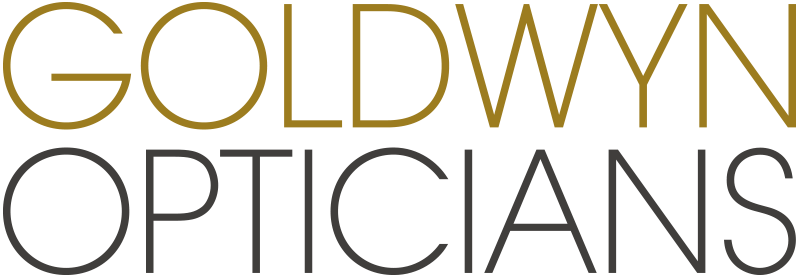Child/Student Eye Examinations
We often see children who have been referred by school staff, support workers or parents who have noticed a sight problem. Some children with vision problems can be misdiagnosed with Attention Deficit Disorders (ADD or ADHD), learning disabilities, dyslexia or in some cases put down to lack of motivation or laziness.
Sight testing for children is free under the NHS and there is no minimum age. We generally advise you bring you child in from the age of four upwards for routine visits. However, if you have any concerns about your child’s eyes or sight then we advise booking them in for an examination as soon as possible.
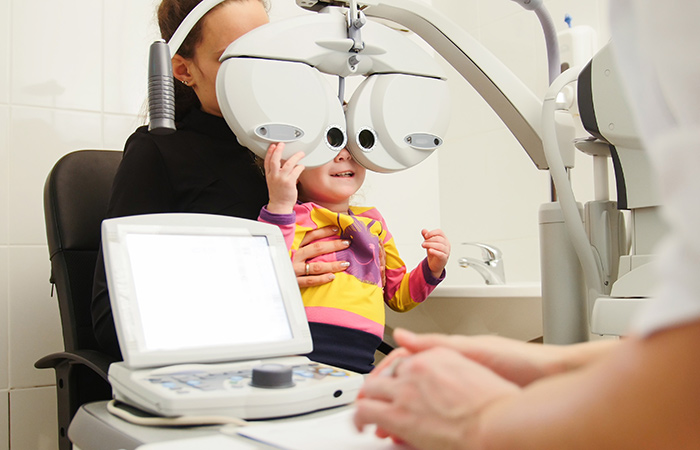
How We test Children
When it comes to assessing young children we believe the key to a good examination is allowing sufficient time, being patient and having experience. Our eye exams are adapted to fit the child’s needs and abilities rather than using a rigid format.
Our experienced optometrists have a range of test available to assess the vision of children from a very young age. We use advanced digital test charts which can display letters, pictures, symbols and numbers. In addition we may use test like the Titmus Fly Test to test the stereo-acuity and binocular vision.
To promote eye health awareness and the importance of routine eye examination we try make each visit an enjoyable one. We make our tests interactive, fun and often reward kids with a smiley face sticker!
What We Are Looking For
When examining young children our main areas of concern are the acuity; how well they can see based on age-normal range, the alignment of the eyes; checking for squints and lazy eyes, ocular pathology; rare but we can at time be surprised at what we find and lastly, significant refractive error; to prescribe glasses only if necessary.
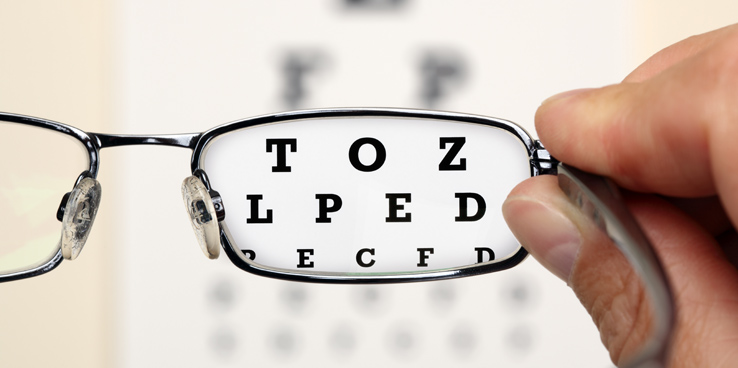
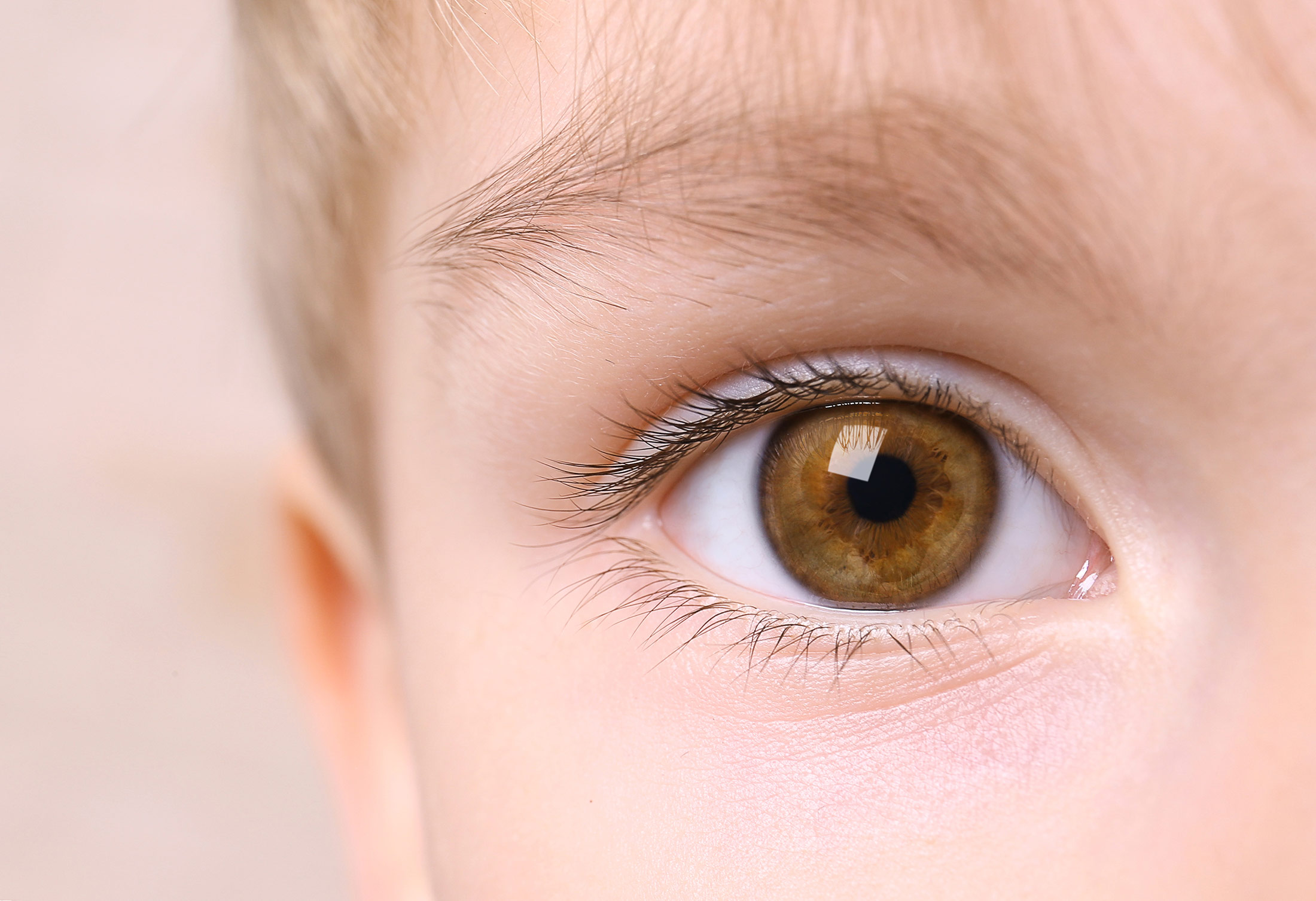
Eye Development
As your child grows, the visual system is developing and these early years are called the critical period. During the critical period, which usually ends around the age of 9 years, the connections between the eyes and the visual cortex (the brain) are being established and reinforced. For normal development, it is important for the eyes to be aligned correctly and vision to be clear in both eyes. Some eye conditions, such as amblyopia (lazy eye) are best treated in the early years to guard against reduced acuity in later age.
Eye Screening in Primary School Reception Years in Leeds
In Leeds, there is a basic school screening programme in place that is led by the orthoptics department in the Leeds Community Healthcare NHS Trust. Children in reception (aged 4-5 years) will be screening by nurses practitioners or orthoptists. This is not an eye examination like we conduct in the opticians’ practice but a simple eye screening exercise. Often we have patients attending our practice following the school screening. Parents will usually be given a report which they should bring along to the appointment.


Children’s Eye Services @ St Mary Hospital in Armley, Leeds
Sometimes we may refer a child to the orthoptist for further investigation. The children’s community orthoptist service is administered centrally through St Marys Hospital and appointments are usually given locally based on the patient’s post code. We will arrange this referral and the appointments are sent out directly to parents/guardians. The orthoptist-led team has specialist equipment to test young children with sight problems and often cycloplegic drops will be used to carry out refraction.
If a prescription is issued you can bring this along to our practice to have the spectacles made up. We will measure and fit the child’s glasses.
Will My Child Needs Glasses?
In most cases, following the examination, glasses are not needed. We will not issue a low spectacle prescription if we feel there will be no benefit to the child.
If your child does need glasses we will advise you how often they should wear their new spectacles. Children’s glasses are fitted by the optometrist or dispensing optician.
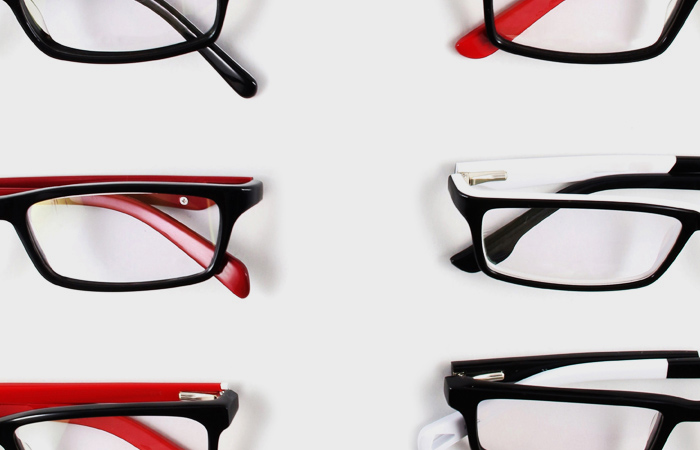
Children’s Eye Services @ St Mary Hospital in Armley, Leeds
Sometimes we may refer a child to the orthoptist for further investigation. The children’s community orthoptist service is administered centrally through St Marys Hospital and appointments are usually given locally based on the patient’s post code. We will arrange this referral and the appointments are sent out directly to parents/guardians. The orthoptist-led team has specialist equipment to test young children with sight problems and often cycloplegic drops will be used to carry out refraction.
If a prescription is issued you can bring this along to our practice to have the spectacles made up. We will measure and fit the child’s glasses.
Coloured Overlays and Tinted Lenses
If you child is experiencing symptoms of visual stress/pattern glare we will first need to carry out a detailed eye examination. Following the examination we may advice Visual Stress Testing at the University of Bradford. Visual Stress Testing, also known as Coloured Overlay Testing which can help detect signs of Visual Dyslexia, Scoptic Sensitivity, or Meares-Irlen Syndrome. This service is private and not funded by the NHS. You will need to take along with you your opticians your spectacle prescription/report, current spectacles (and contact lenses if used), a list of your current medication and your GP’s details. To read further please see link below:
https://www.bradford.ac.uk/student/healthy-students/the-eye-clinic/visual-stress-clinic/
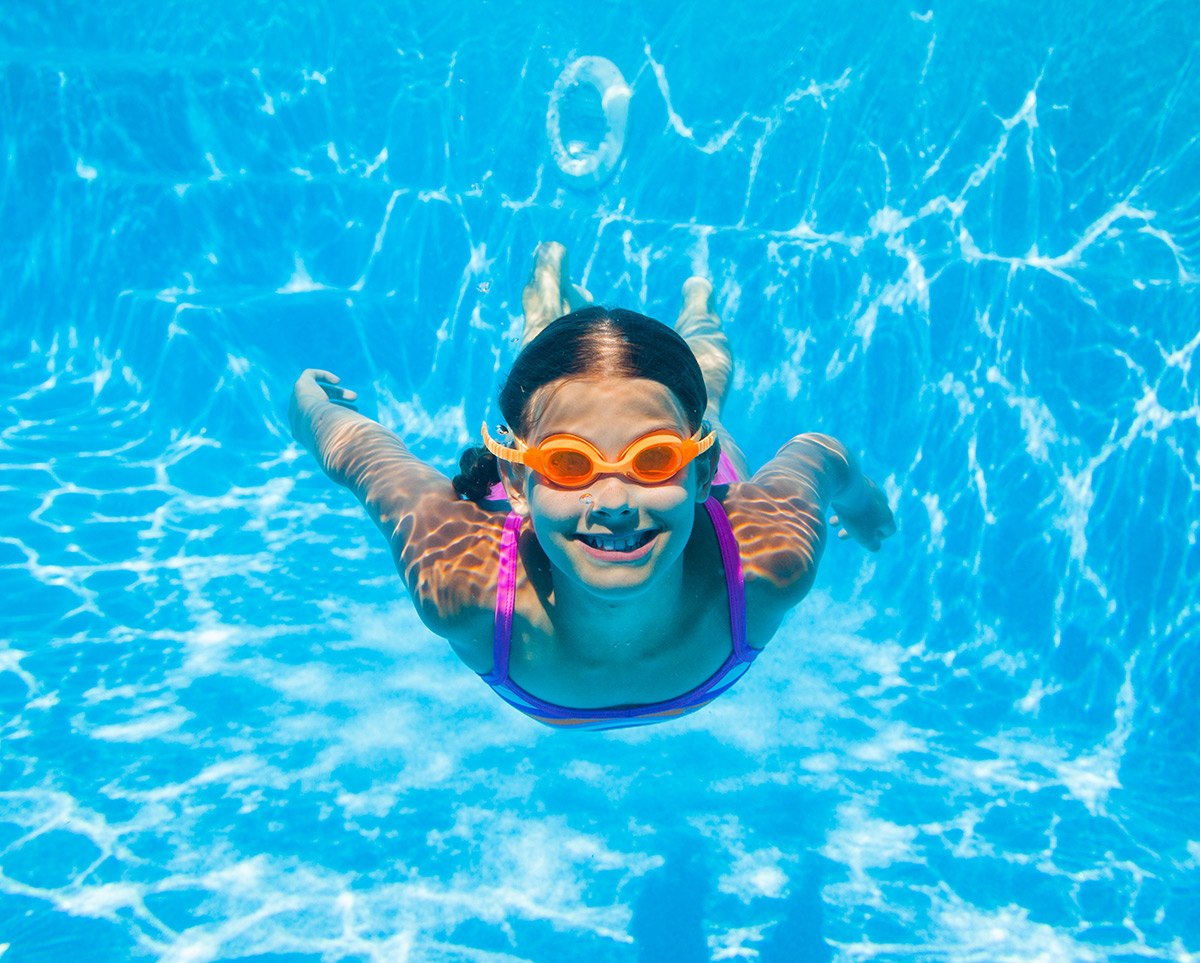
Sports Eyewear & Swimming Goggles
Spectacles are not always practical, but children need not miss out on activities/sports. Prescription swimming goggles are available in a variety of sizes and styles. Protective sports eyewear is available for active sports to protect the eyes against impact. Toughened lenses are usually used.
Contact Lenses
Soft contact lenses are available from teenage years upwards. For younger patient we will assess a patient’s maturity and motivation, and will also require parental consent and support. Gas permeable lenses are also available but these are generally available to adults. Soft lenses are ideal for children who play contact sports like rugby or martial arts. It may be simply the idea of freedom from wearing spectacle or going out with friends.
Wearing contact lenses involves a more care than wearing glasses and particularly good hygiene. Following an eye examination our optometrist will discuss the whether your chid is suitable for a contact lens fitting consultation. We usually start with trail period which allows us to assess the fitting and handling of the lenses. The child’s eye health as our primary consideration and we advise stopping contact lens wear if we have any concerns.
Contact lens appointments are not funded by the NHS and will have to be paid privately

